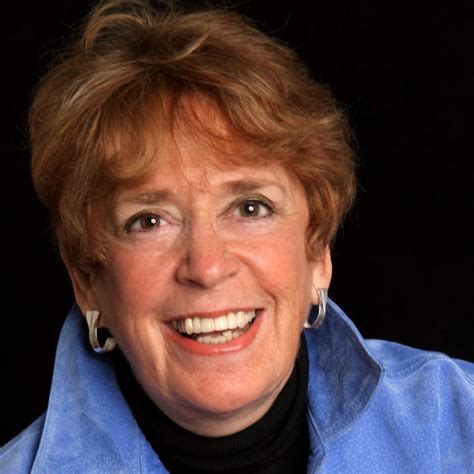A Quote by Jan Hunt
Children raised with love and compassion will be free to use their time as adults in meaningful and creative ways, rather than expressing their childhood hurts in ways that harm themselves or others. If adults have no need to deal with the past, they can live fully in the present.
Related Quotes
As adults, we must ask more of our children than they know how to ask of themselves. What can we do to foster their open-hearted hopefulness, engage their need to collaborate, be an incentive to utilize their natural competency and compassion...show them ways they can connect, reach out, weave themselves into the web of relationships that is called community.
Although adults have a role to play in teaching social skills to children, it is often best that they play it unobtrusively. In particular, adults must guard against embarrassing unskilled children by correcting them too publicly and against labeling children as shy in ways that may lead the children to see themselves in just that way.
He's convinced most human adults do not know how to play anymore and that playing is one of the best ways to think. Franky finds children, by far, much more pleasant and intelligent than most adults, but they are easily ruined by their families, schools, and society. He says one of the ways they are ruined is by being forced to think of all the tasks that need to be done as work, not as play. It takes the joy out of living.
Adults follow paths. Children explore. Adults are content to walk the same way, hundreds of times, or thousands; perhaps it never occurs to adults to step off the paths, to creep beneath rhododendrons, to find the spaces between fences. I was a child, which meant that I knew a dozen different ways of getting out of our property and into the lane, ways that would not involve walking down our drive.
Children are often envied for their supposed imaginations, but the truth is that adults imagine things far more than children do. Most adults wander the world deliberately blind, living only inside their heads, in their fantasies, in their memories and worries, oblivious to the present, only aware of the past or future.
Although we like to think of young children's lives as free of troubles, they are in fact filled with disappointment and frustration. Children wish for so much, but can arrange so little of their own lives, which are so often dominated by adults without sympathy for the children's priorities. That is why children have a much greater need for daydreams than adults do. And because their lives have been relatively limited they have a greater need for material from which to form daydreams.
You have to keep being curious. The notion that the present is different than the past, and the future will be different than the present, and the present is past, as we say it. I think I, by nature, am an optimist. Maybe I was driven to escape from my childhood and to be something, create my own world or career the way I wanted it to be. And I keep doing that in very interesting ways.
When I was a kid, my parents smartly raised us to keep quiet, be respectful to older people, and generally not question adults all that much. I think that's because they were assuming that 99 percent of the time, we'd be interacting with worthy, smart adults... They didn't ever tell me 'Sometimes you will meet idiots who are technically adults and authority figures. You don't have to do what they say.
People whose integrity has not been damaged in childhood, who were protected, respected, and treated with honesty by their parents, will be-both in their youth and in adulthood-intelligent, responsive, empathic, and highly sensitive. They will take pleasure in life and will not feel any need to kill or even hurt others or themselves. They will use their power to defend themselves, not to attack others. They will not be able to do otherwise than respect and protect those weaker than themselves, including their children, because this is what they have learned from their own experience.
The new concept of the child as equal and the new integration of children into adult life has helped bring about a gradual but certain erosion of these boundaries that once separated the world of children from the word of adults, boundaries that allowed adults to treat children differently than they treated other adults because they understood that children are different.


































